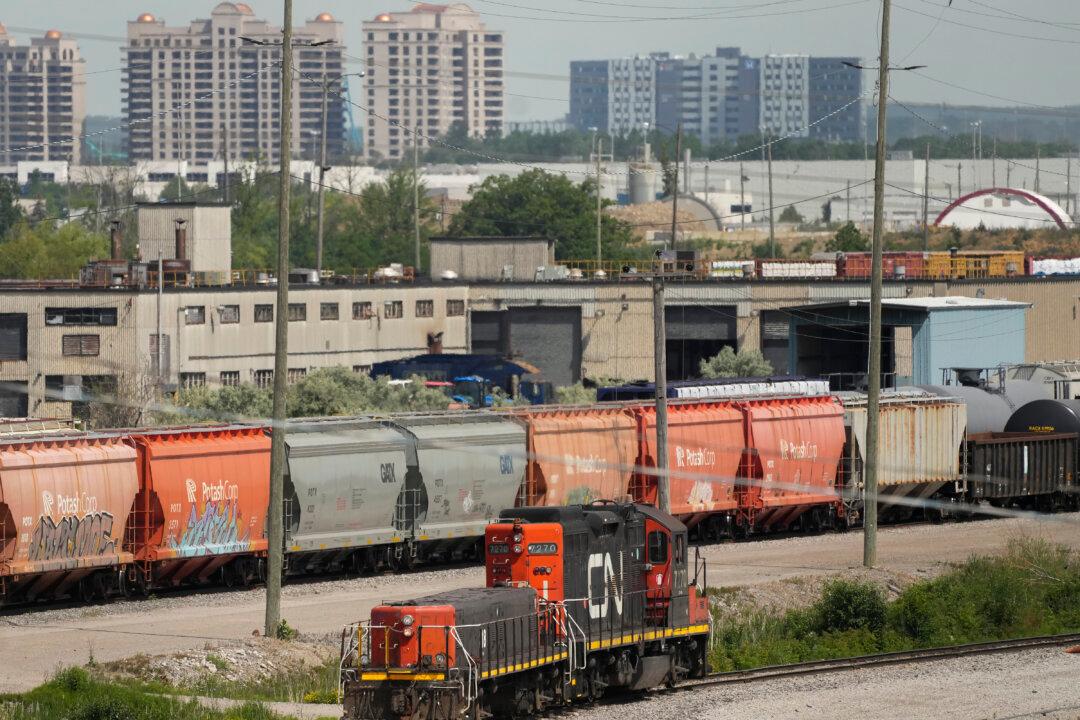Trains across the country have come to a standstill as 9,300 employees were locked out by Canada’s two primary rail companies after attempts to reach a new contract before the 12:01 a.m. EDT deadline failed.
The work stoppage marks the first-ever simultaneous work stoppage at Canadian National Railway (CN) and Canadian Pacific Kansas City (CPKC), raising concerns about potential disruptions to supply chains.





